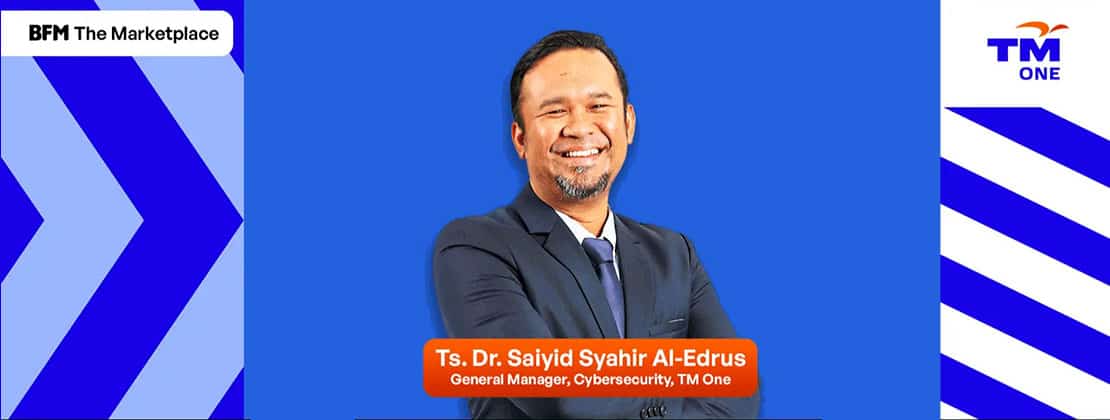
TM One LEAP Summit is a platform that offers leading industry insights and lead action-oriented conversations. In 2021, the panel discussion put forward three esteemed speakers, Tim Kobe, Founder and Chief Executive Officer, Eight Inc., Shamsul Izhan Abdul Majid, CTO & Information Officer, MCMC and Sudev Bangah, Managing Director, IDC (ASEAN).
Manoj Menon, Founder & Managing Director, Twimbit ignited the discussion for the panel members around emerging technologies, evolving digital landscapes, and most importantly, human centricity, placed at the core of it all.
Here are key highlights from the discussion:
Kobe beautifully explained the leadership styles of Steve Jobs and Tim Cook who emphasised and focused on the human outcome. As such, it is crucial to understand — what drives human behaviour?
Kobe mentioned that the right strategy behind building an emotional connection with people can result in exponential business outcomes. But ultimately, the tactics you apply narrow down to the experience your customer has with a product or service. According to McKinsey, 80% of "word of mouth" is generated by experience. The human outcome should therefore be at the top, even before you strategise. By doing so, you can instil your values at every touchpoint with clear communication, create greater engagement for your brand and, in turn, develop a positive emotional connection with your customer.
He highlighted that an essential aspect of human centricity is in differentiating your products; not to emulate what the competition is doing.
In the Malaysian context, Shamsul shared that citizens will soon be able to enjoy human-centered experiences in the form of unified public services via a national Super App. ASEAN companies have a greater focus on investment in technology as opposed to non-technological aspects like emotions and human behaviour.
According to Steve Jobs, ‘Brands are only about one thing, and that’s trust.’ Apple is a great example that has demonstrated this trust with how it secures people’s information. Embracing an innovation led business model requires companies to enable the democratization of data. But this needs to be done with a strong emphasis on aspects like data governance and security.
Sudev highlighted that be it the governments or the organisations that possess data in abundance, planning for innovation should have security as high priority. Governments in many countries, including Malaysia, aim to unify services from all departments in one place. Thus, it becomes vital to have a technology capable of building trust to deliver frictionless services. The government of Malaysia is planning to roll out a biometric-based national digital ID for its citizens. This will give rise to many data sharing needs, which will bring security to the forefront.
We are living in a very fast-paced transformative time. It is essential to train the human brain to be able to accept changes with an open mindset. Indeed, there is a need for upskilling and reskilling, but what should be the approach for doing it right?
Even today, the operating systems, i.e., organization structures of companies are disconnected from the latest working styles. They are still limited to function-based models, working more like traditional industries. Companies need to look outside their industries to build these next-generation operating systems. The ability of a business to break its shell and look at where the world is heading is crucial for it to have the edge over its competition.
Breaking silos could create more room for collaboration. For example, job descriptions that are just restricted to a particular set of responsibilities, will never create an opportunity for collaboration.
To build effective collaboration across various teams, there is a need for effective two-way communication. Organisations should be able to communicate the value they are delivering successfully. The next-generation operating models should also unfold improved models for hiring people.